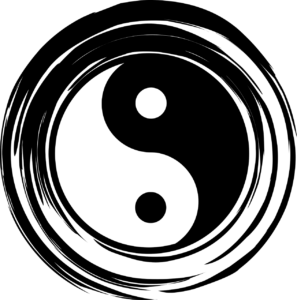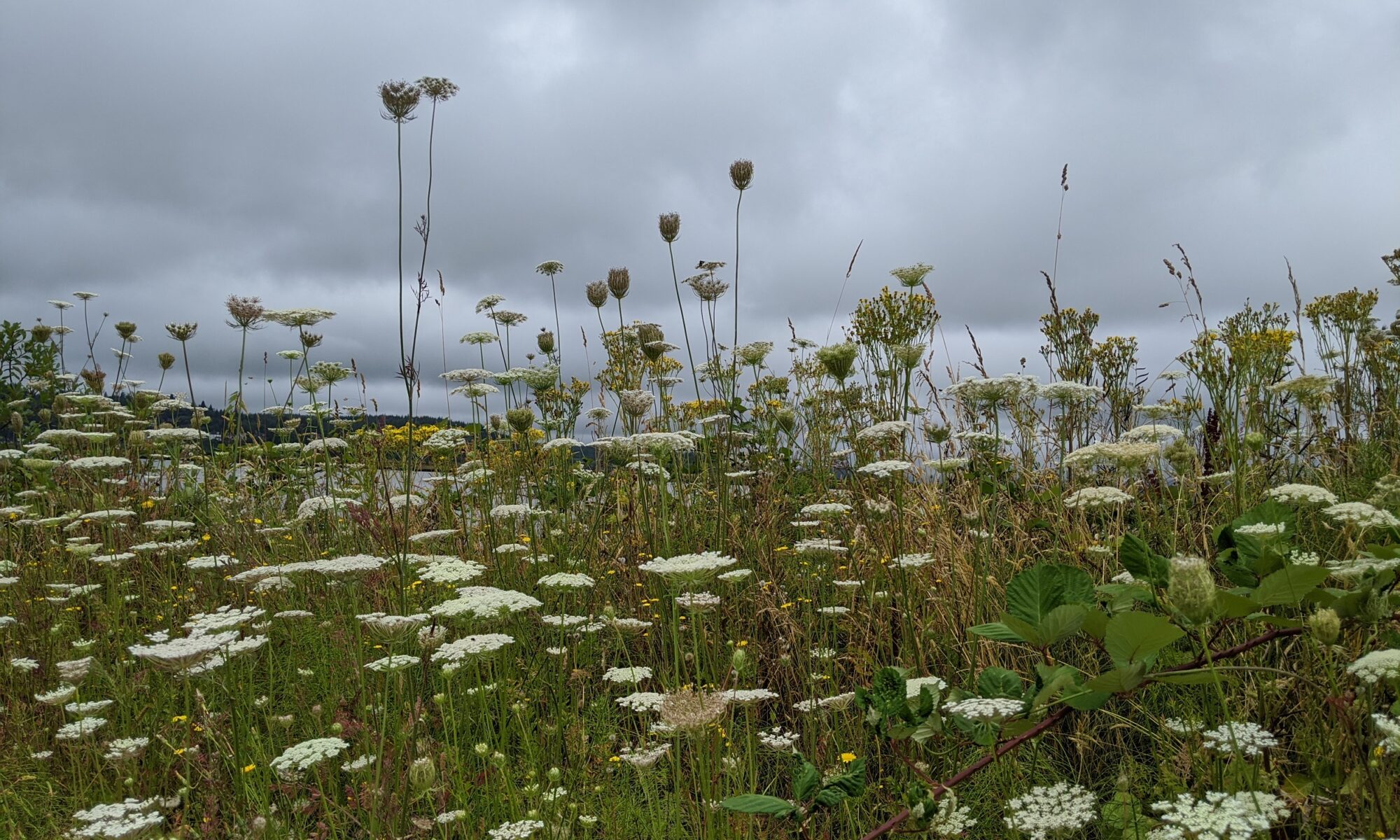
Seeing this humorous (but real) article a couple of weeks ago – in which the University of Fine Arts in Hamburg, Germany is “offering scholarships to three people who would have to do… ‘absolutely nothing'” – made me grin AND reflect on my own tendency as an RFM to always want to do “too much”.
Questions on the application form for this very-unique scholarship include:
What do you want not to do? How long do you want not to do it for? Why is it important not to do this particular thing? Why are you the right person not to do it?
According to Dr. Friedrich von Borries (the project’s creator – born the same year as me, I might add – though I have no idea why this fact is on his professional website), this experiment is driven by a desire to understand more about how our current societal “belief in success, in growth, in money” has led us “into the ecological crisis – and social injustice – we are living in”.
Von Borries adds:
“I think that doing nothing is not that easy. You can fail. Your surroundings can become aggressive… And we would love to learn from the experience of those who will receive the grant.”
Years ago, when I shared with one of my beloved aunts how much I had going on – my work, my hobbies, the books I was reading, the writing I was doing, and all my other plans – she listened, paused, then asked me, out of genuine curiosity (and likely concern):
“Do you ever just stop and … do nothing? Perhaps, look around for a little bit?”
I had to admit that I didn’t, really. There was simply too much to do: too many interesting things to explore, too many books to read, too many languages to learn…
I sincerely feared (and still fear) the abyss of “nothingness”. My idea of hell – one of them, anyway – is intellectual boredom. As a child, I ALWAYS had a book with me wherever I went (smart phones have now obviated that need, though they bring other challenges to the table). In college, while sitting and listening to lengthy lectures, I either took voracious notes and/or experimented with things like trying to write with my left hand (not easy, and not really possible – I’m a rightie, not an ambidextrie).
For as long as I can remember, as soon as I’m in a space without any writing in it, I start to mildly panic. I’ve been driven to interrogating my (analog) watch for signs of any letters at all to read (there are some tiny ones engraved on the back…), or checking the backs of bottles or other items in (for instance) a public bathroom for words. If absolutely no writing is available, and I can’t talk to someone else, I’ll turn to humming or tapping tunes on my fingers and engaging in solfege – musical language – to keep my mind engaged in some way. (I’ll write more about solfege in another post.)
Back to the “Not Doing” project: almost certainly, von Borries won’t select people already experienced in mindful meditation and living peacefully with “not doing”. Individuals who are lucky – and skilled, and persistent – enough to engage with that kind of practice regularly already have a leg up on the rest of us too-busy, overly-doing folks. And speaking of luck, to a certain extent this project is inextricably bound in class privileges as well; only those who can afford to “do nothing” for the sum of $1900 will apply.
(Then again, that amount would actually go a really long way for people in certain contexts… But which individuals will be likely to read this call for participation, anyway?)
Regardless, I agree with von Borries that we need to interrogate our compulsions – to slow down and consider how our actions impact the world around us, and whether doing LESS of whatever it is we’re doing would be beneficial (and in what way, and for whom).
Yuval Noah Harari reflects on this tension in his fascinating book Sapiens: A Brief History of Humankind (2015). In Chapter 5, entitled “History’s Biggest Fraud”, Harari talks about how humans were “conned” about 10,000 years ago into the Agricultural Revolution, which has led to greater human flourishing overall, but worse outcomes for individuals. He writes:
“Rather than heralding a new era of easy living, the Agricultural Revolution left farmers with lives generally more difficult and less satisfying than those of foragers. Hunter-gatherers spent their time in more stimulating and varied ways, and were less in danger of starvation and disease. The Agricultural Revolution certainly enlarged the sum total of food at the disposal of humankind, but the extra food did not translate into a better diet or more leisure. Rather, it translated into population explosions and pampered elites” (p. 79).
He goes on to describe how our desire to domesticate animals for our own use led to their extreme and unnatural suffering – just one among many reasons to slow down and consider what we’re doing (and why). (I’m not a vegetarian, though I do believe that the world needs to shift towards a form of conscious omnivory or carnivory. And yes, this is absolutely a topic for another post.)
In closing, I’m curious to hear about von Borries’ culminating art installation once it occurs. Who will he pick for this project, and why? What, exactly, will he learn from them about intentionally “NOT doing” things? How can a sample size of just three yield meaningful results? Ultimately, however, it’s the impulse to explore this corner of existence that has me most intrigued. And as always, I’ll stay tuned.
Copyright © 2020 by HalfoftheTruth.org. Please feel free to share with attribution.
